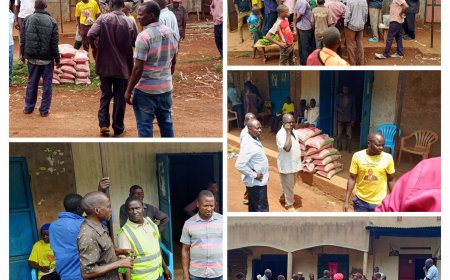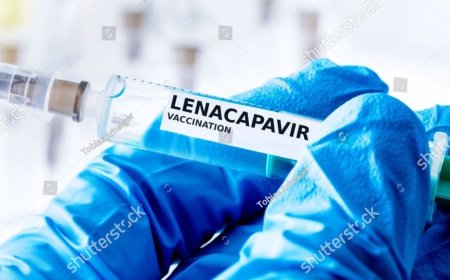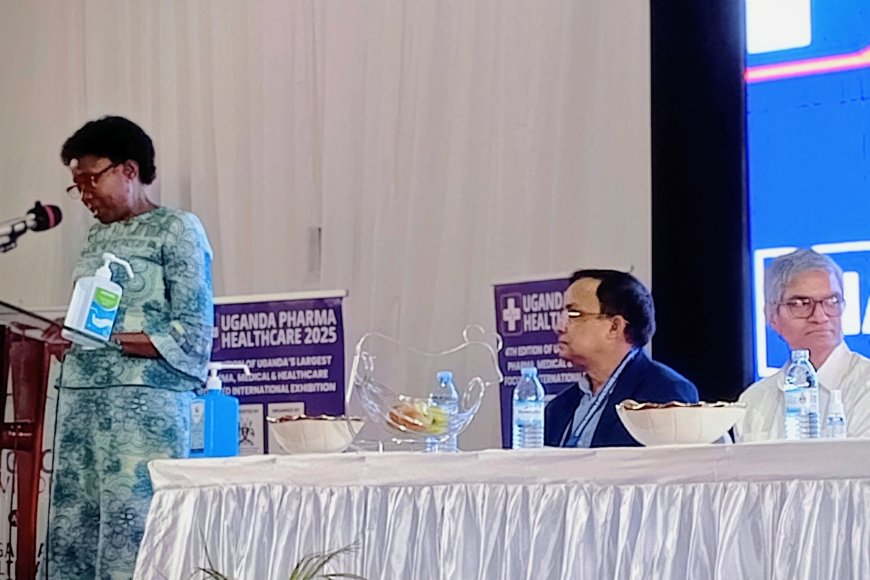4th National Safe Motherhood Conference - Ministry of Health, Partners Priotize Community Engagement Among Others
The Ministry for Health in conjunction with private players have discussed the challenges of fistula in women, maternal perinatal deaths, thereby launching a report on maternal perinatal death surveillance and response 2023/24. A report describing major causes and how to mitigate the life threatening case for purposes of safe motherhood.
Tuesday, during the commencement of the three days engagement on the 4th National Safe Motherhood Conference in Kampala, at Speke Resort hotel Munyonyo, the theme for this year has been tagged, “ Strengthening Community Engagement for Sustainable Maternal and Child Health.”
Key partners included among others, the UNFPA, Global Financing Facility, UNICEF, WHO, and the World Bank.
Hon. Jane Ruth Acheng, the Minister of Health, represented the Rt. Hon. Prime Minister Robinah Nabanjja as the Chief Guest during the Official opening and emphasized some of the ways to strengthen community mobilization efforts to improve utilization of reproductive, maternal, child, and adult health services.
She focused on engaging community leaders and influencers by working closely with local leaders, religious leaders, elders, and other respected community members in order to raise awareness and encourage utilization of health services and leveraging their influencers to reach community members.
Conducting targeted outreach and education, Organizing community dialogues, health talks, and awareness campaigns to educate people on the importance of accessing services like mental health care, nutrition, immunization, and family planning through use of local languages and culturally appropriate approaches, Acheng said.
Strengthening community health worker networks, leveraging community platforms and channels, addressing social and cultural barriers, Improving service quality and responsiveness and also monitoring and evaluating community engagement, she added.
“The key is to take a comprehensive, community-centered approach that addresses both demand and supply-side barriers to accessing essential health services. As the theme for the year is highlighted, ‘Strengthening community engagement for sustainable maternal, newborn, and child health, ’ the Ministry of Health's strategic direction aligns with this theme, focusing on strengthening community health systems.”
The first delay in seeking timely healthcare is identified as a key issue, with the Ministry planning to address it through village health teams and community health strategies. Acheng, however, congratulated partners for their efforts in improving newborn and child health indicators, citing optimism from the Uganda Demographic Health Survey and census results.
She indicated that significant progress is noted in reducing maternal mortality by 44% over five years, with a goal to further reduce the maternal mortality ratio to less than 70 per 100,000 live births by 2030. Neonatal mortality has declined slightly, and the modern contraceptive prevalence rate has improved from 35.4% in 2016 to 38% in 2022 among married women but the government continues to work with partners to enhance access to high-quality maternal, newborn, and child health services, including constructing and functionalizing lower-level health facilities.

Acheng still acknowledged the gap of 488 sub-counties needing maternity centers and the need for more investments to address the issue. Over 483 health centers have been constructed and functionalized with medicines, human resources, and maternity centers, marking significant progress. Therefore, the annual health sector performance report reveals improvements in health infrastructure functionality, though more progress is needed.
She, however, expressed government commitment in improving the functionality of all health centers and increasing the number of well-trained health workers. But also highlighted the need to discourage mothers from using traditional birth attendants, noting that they were formally abolished in 2010 but still exist. Media houses and religious platforms are encouraged to spread awareness about the dangers of traditional birth attendants.
The issue of blood availability and the sale of blood is addressed, with a call to address the problem of people stealing blood and keeping it at home. While emphasizing on nutrition in the community she explained the importance of nutrition for mothers and daughters, noting the presence of a nutrition booth at the event. The need for a variety of nutritious foods rather than just supplements is highlighted, community mobilization efforts are also encouraged to focus on mental health care, nutrition, immunization, and family planning.
On behalf of the Inter Religious Council of Uganda, Presiding Apostle Dr. Joseph Serwadda, the vision bearer of Victory Church commended the Ministry of Health for taking concern in fighting for the lives of mothers and emphasized the Ministry’s role in protecting the country from various threats.
“I commend the Ministry of Health and partners for improvements in reproductive, maternal, newborn, and child health. There is a reduction in maternal mortality from 336 to 189 deaths per 100,000 live births, meaning there has been improvements in infant mortality rates. This shows hope in the finalization of the community health strategy to unlock barriers and i call upon for the inclusion of religious leaders in selecting Community Health extension workers.”
Apostle Sserwada also mentioned that the stagnation of teenage pregnancy at 24% for over a decade , there is an increase in HIV infections among adolescents and young people and there is need for urgent action to address the root causes of these tragedies and to advocate for the health and dignity of all people.
Commenting on the role of religious leaders in Health Advocacy, he emphasized the influence of religious leaders in promoting healthy pregnancies, safe deliveries, and thriving children and highlighted the potential of religious leaders to create a culture that promotes healthy pregnancies and safe deliveries.
Strengthening partnerships with the Ministry of Health and other stakeholders to achieve sustainable health solutions is crucial, he added.



































































































































